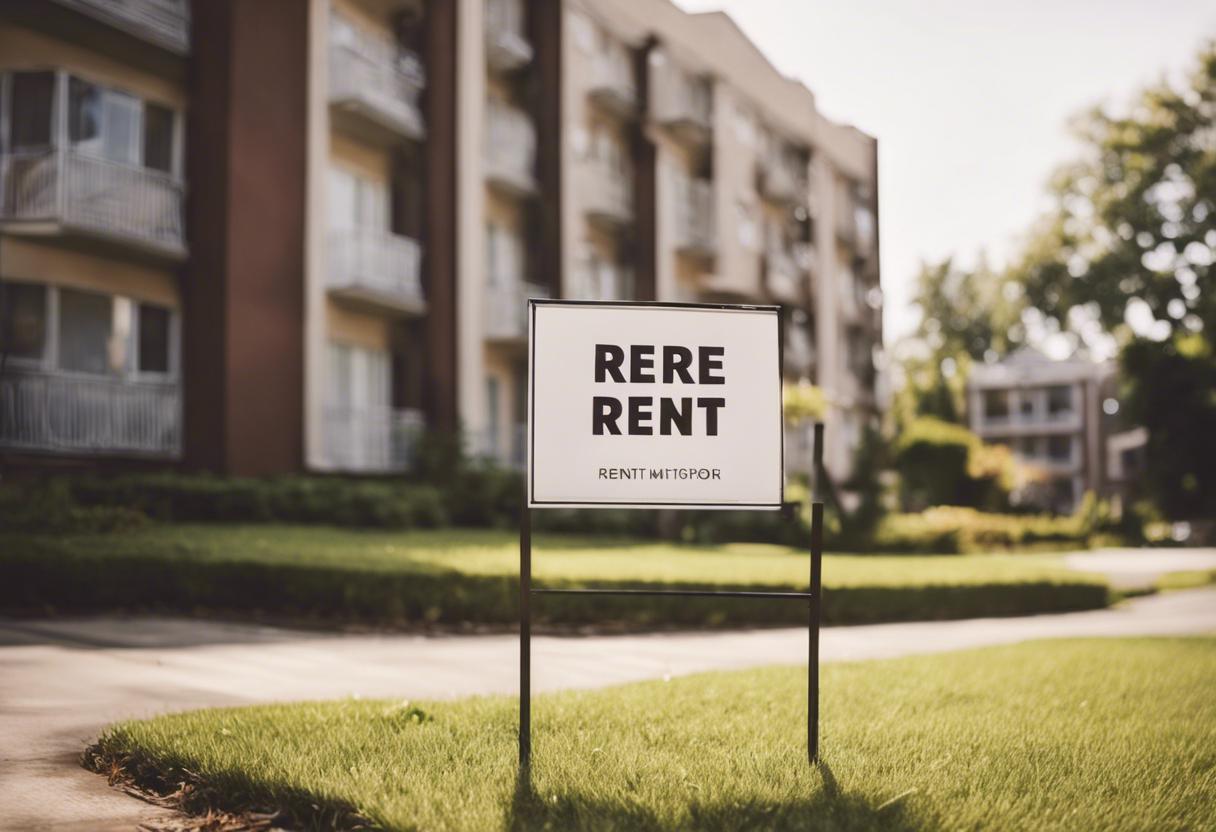The National Women’s Council of Ireland (NWCI) has voiced concerns over continuing reports of landlords demanding sex in exchange for rent. The head of the NWCI stressed the need for stricter legislative actions against the practice, urging an accelerated priority to it prior to the general elections.
The council expressed its intentions to address the issue at an upcoming briefing in Leinster House, pressing the Minister for Justice, Helen McEntee and the Government to expedite the enactment of legislation against this form of exploitation.
Key findings within their report indicated the extent of the problem which is notably gender-skewed and widespread in nature throughout Ireland. The report, which was published in May, highlighted the susceptibility of marginalised groups of women, namely those dealing with homeless circumstances, migrant women as well as victims fleeing from domestic violence, to this exploitative reality.
Landlord advertisements online often featured strategically vague and indistinct descriptions, which served as identifying traits of this issue. These included a lack of property photographs, undisclosed rental prices, stated negotiability of price, and in certain instances, stated preferences for “submissive women willing to trade” or those “open to exchanging favours for accommodation”.
Orla O’Connor, the director of the NWCI, acknowledged the continuation of the practice, stressing that the existing housing crisis, coupled with the lack of legislations addressing the issue, is exacerbating the plight of vulnerable tenant groups.
She further noted that the absence of legislation criminalising the practice emboldens certain landlords to continue these sex-for-rent arrangements fearlessly.
In an attempt to counteract this problem, the NWCI’s May report recommended nine strategic approaches, advocating for legal restraints on such advertisements under the Online Safety Commissioner’s purview, along with legislative modifications by the Department of Justice to encompass renters under licensee agreements within the Residential Tenancy Act. This would provide them an enhanced legal safeguard.
Ahead of a government briefing this week, Ms. O’Connor noted that the precarious housing situation is compelling women to opt between sexual exploitation and homelessness. This appalling situation affects women across the UK, in both rural and urban areas. Yet, despite repeated governmental commitments, no laws have been enacted to counteract this concerning form of exploitation
Ms. O’Connor also mentioned that the government had been aware of this troubling issue for an extended period of time. The Sexual Offences and Trafficking Bill was proposed as a way to address it. However, despite the completion of the Bill, there remains no definitive solution for these exploited women. The previous year’s Budget did not provide any concrete assurance that any significant efforts will be undertaken to resolve the housing crisis. This persistent housing crisis is the root cause behind the ‘sex for rent’ exploitation taking place.
This sentiment was echoed by Ann-Marie O’Reilly, the national advocacy manager at Threshold, who mentioned that the limited options available for housing were pushing individuals to settle for subpar or inappropriate living arrangements. This situation places the most defenceless among us at risk of exploitation by deceitful parties. While legislation can play a role in protecting these individuals, the only undeniable method of protecting the most vulnerable sections of society is through the provision of secure, high-quality, and affordable housing for everyone.

